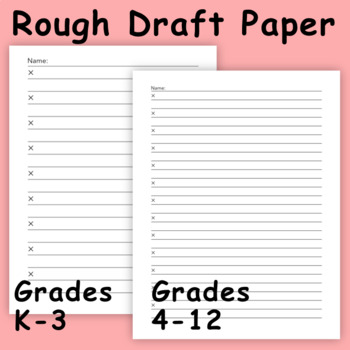Summary:
This section explains the draft writing step. This section includes processes, strategies, and questions that help you start writing.
When you start writing .........
Is your mind empty?
Sure you have nothing to say?
Although you are not alone, many writers sometimes experience these conditions, but some people have strategies and techniques to get started. When you're writing a program, try some of these suggestions.
You can try the text book formula:
Define your hypothesis
Write a summary
Write down the original draft
Review and modify
........ But sometimes it's not practical.
Instead, you can try one or more of these strategies.
Ask yourself what your goal is to write about this.
There is plenty of good stuff to write about every topic, but you have to choose your own, for example, your subject may be "dorm lodging." In this case, you and the reader ask a common question, "why"? You should write about this, why should someone read an article on this subject?
Do you want the reader to pity you for the unbearable food you eat?
Do you want to analyze the large-scale baking organization?
Would you like to compare the Purdue Dormitory with the Indian University?
Ask yourself how you want to achieve this.
For example, if you want to describe some of the films, how would you achieve this as the best movie ever seen? Do you define specific tools for doing this yourself? Are your opinions about the film beyond what you just say to the reader that you really like it?
Start the ongoing ideas
False thinking, collecting a lot of ideas, suggestions, examples, false starts, sentences, etc., good and bad. As you can. Maybe some friends can join it. Reject anything that comes to mind, including things you can be sure you can throw away. Get ready to add ideas to the list that comes to mind at odd moments. Talk with your audience, or pretend to be interviewing someone - or several people, if possible (give yourself an opportunity To take a topic from several different points of view, what other personal questions does it ask? You might also try to teach the subject to a group or class. See if you can find a new analogy that will open up a series of new ideas for you. For example, if you are writing about violence on TV, violence is like clowns fighting in a carnival (that is, we know that no one really hurts). Does not see)
Rest and let all the ideas leak.
Summarize your whole idea.
In three or four sentences tell your idea.
Draw your master chart somehow.
Create a column, outline or anything else that helps you get an overview of what you have. In some cases, you may need to find more material. Write the first draft.
Then, if possible, leave it aside. Later, read it aloud to yourself or tell yourself if anyone else was. Be especially careful about the need to clarify or add more information. You may have to jump back and forth among these different strategies.
You may find that one works better than another. You may find yourself in a series of strategies from the beginning. If so, you probably work right.
09
Apr
 English
English Persian
Persian

